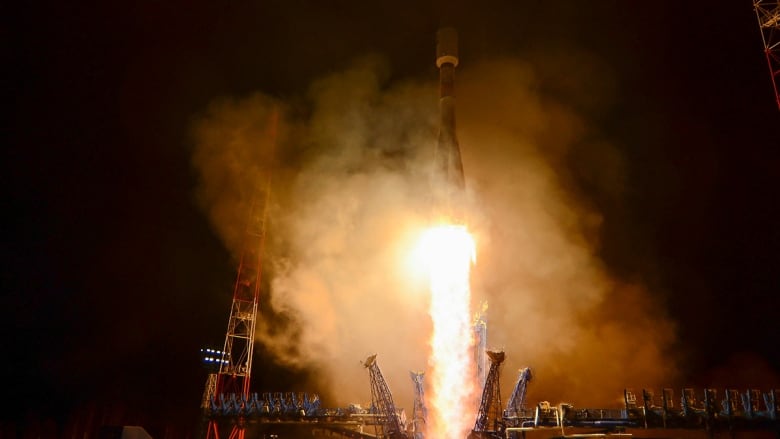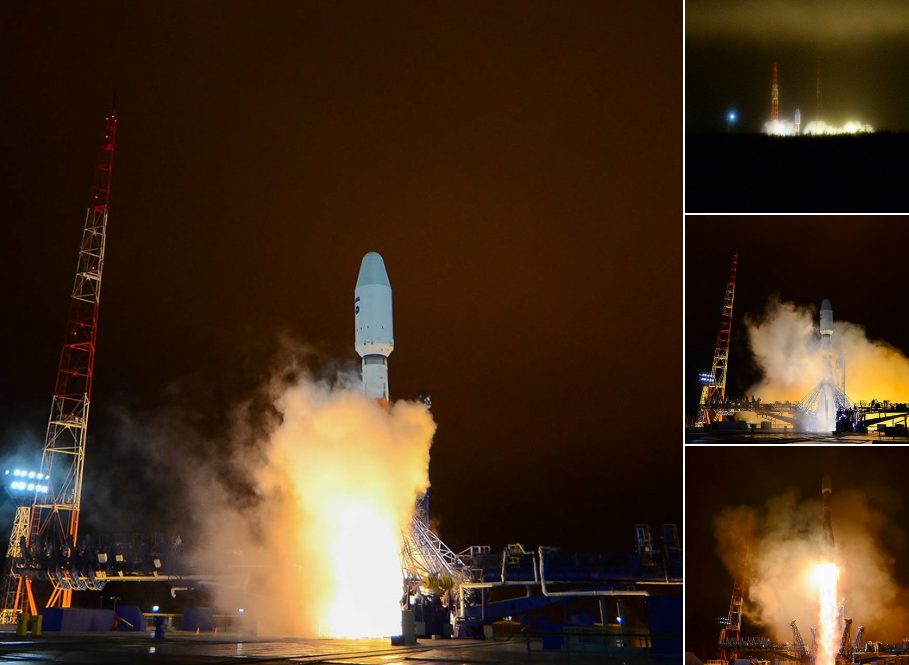Russia’s Soyuz Rocket Successfully Launched after Recent Manned Launch Failure

The Russian Soyuz rocket has lifted once again, after the launch of a similar rocket failed its mission of delivering a crew to the ISS. On Thursday, the Russian military stated that a Soyuz-2 booster rocket was successfully launched from the Plesetsk launch facility in Russia.
On October 11, a Soyuz-FG rocket that carried NASA astronaut Nick Hague and Roscosmos astronaut Alexei Ovchinin failed just two minutes after it flew and sent the capsule in a very fast fall to Earth. Fortunately, the crew’s landing was flawless, and they were both safe. Since the failure, Roscosmos had suspended the Soyuz launches until 25 October, when they launched a probe.
As for the failure, investigators have linked it to a rocket side booster that was damaged during the final assembly at the Baikonur cosmodrome in Kazakhstan. The officials plan to send more uncrewed launches before sending astronauts back to the ISS. Therefore, they haven’t yet set a date for the crew launch, but it should be sometime at the beginning of December.
The crew at the International Space Station is formed by NASA’s Serena Aunon-Chancellor, Russian Sergei Prokopyev, and German Alexander Gerst, who will finish their six-month mission in December and return to Earth. They will use a Soyuz capsule which is attached to the station for their ride back home. The capsule can only stay 200 days in space, which means that the astronauts cannot extend their stay at the ISS.
The Backup Plan, SpaceX’s and Boeing’s Crew Capsules vs. Soyuz
In case the Russian investigation will take longer, NASA stated that they’re working on a backup plan for operating the ISS without a crew. At the moment, the only means of transporting a crew to the orbiting station is with a Russian Soyuz spacecraft, as the U.S. space shuttle fleet has retired. However, SpaceX’s Dragon capsule and Boeing’s Starliner crew capsules are close to replacing Russia’s job and steal that monopoly.
The failure on 11 October is the first one in the Russian space program since 1983 when two Russian cosmonauts were jettisoned but landed safely after the launch pad exploded.

0 comments